What is Couchsurfing?
Couchsurfing, for those who do not know about its services you may be amazed by how easy and good it works for its users. Essentially it is an online platform that connects travelers, who wish to stay at certain places, with locals who are willing to host them for free. Coachsurfing is by far the best way to have get an idea of how living in the country of the rising sun is actually like.
Finding the Right Host
Every host has certain specifications and guidelines, which you should read thoroughly in advance otherwise you might not only be wasting your own time but theirs as well. The previously mentioned no-pay-policy is managed quite strictly as people have been banned from the system for doing so in the past yet if you do not pay attention to gender preferences, number of visitors, locations, pets, sleeping space and so forth couchsurfing may turn into a bad experience. Preparation is therefore key and if you have been lucky enough to be accepted by a local host in Japan, it is good to know some customs to consider when visiting any Japanese house for you to be a good guest and allow both you and your host to have a good time.
Manners and Etiquette of Couchsurfing in Japan
Presenting your host with a small present from where you are from when you arrive at your accommodation is a custom in Japan, named omiyage. This present could practically be anything, such as food, handicraft and spirit beverages, but if you really want to give a good impression to your host and you are have not left for your destination yet you could also ask your host if he has any particular hobbies. If he listens to an specific kind of music or likes a particular movie genre for example your present can be more specific and considered.
Shaking hands at the moment of you meet each other is not considered strange when Japanese greet a foreigner. Perhaps your host gives you his personal or business card, when this happens it is polite to look it at both sides and take your time to admire it (even if you do not understand what it says). You should refrain from just putting it on your pocket, especially your back pockets as it comes off quite rude.
Work culture is strong in Japan and I am pretty sure your host will meet you at a corner or station around 22:00 or 23:00 if it is a weekday with some more flexibility during weekends. When you arrive to your host’s house, the first thing you will notice is that shoes are kept in a special small entryway area next to the door called a genkan. Since footwear has been in contact with dirty sidewalks all day it is a practical and hygienic custom to keep one’s house clean. Also pay attention that your shoe-tips point outside to avoid having to struggle rearranging them whenever you go outside again. On the point I would also like to recommend to arrive a bit early when you are meeting someone as it too is important factor in Japanese culture.
Apartment Sizes in Japan
The size of your host’s apartment may be small depending on the city you are visiting, if it is a big metropolis and you intend to stay near the city center it will most likely be so. Japan’s price per square meter is very expensive, which makes apartments of 35 square meters or more very rare. This might mean that you have to share your room or there is no separate bedroom at all and perhaps there are no traditional beds but only foldable couches where you can sleep on named futons. Inquiring about things like this in advance are as such important when planning your accommodations.
Making Small Talk With Your Host
When having some small-talk after or while dinning, there are many different topics to talk about or perhaps your host would like you to tell something more about yourself. However, I do recommend to be careful with what you ask your host or the things you want to talk about as politics, for example, although it may be a common topic back home I have never found myself talking about the topic with someone Japanese. There is no need to be overly surprised if they ask your blood type (A+, 00, etc.). It is not a vampire thing! Japanese belief you can tell someone’s personality when you know their blood type, similar to some countries linking it to your horoscope.
Bathrooms and Shower Rooms in Japanese Apartments
While Couchsurfing I have found that in most homes it is a custom to take a shower right after dinner, but it is best to ask your host about it. When you enter the bathroom, you will notice the whole room is water proofed with plastic walls specifically designed for this reason and it consist of two areas. The first is the shower area, which is lower than other area, and the second is the bathtub. It is a custom to first shower yourself properly before entering the bathtub and enjoy a moment to relax.
Your Host’s Morning Routine
Morning routines in Japan tend to be very tedious if I may say so. You wake up, eat a quick breakfast and off you go, so it is a good idea to set your alarm early to ensure you have plenty of time to get ready. During the previous night you can schedule and prepare everything you need to do the next day (maps, directions, tickets, etc.) and since you probably you will not have your own keys to the apartment you should arrange the meeting time and place with your host.
A Final Recommendation
As a final recommendation, I myself like searching for hosts living with their partners or family since the experience is more intense and satisfying. Making friends around the world to come back to one day, or if possible host them yourself when they need you is after all the main objective for couchsurfing.
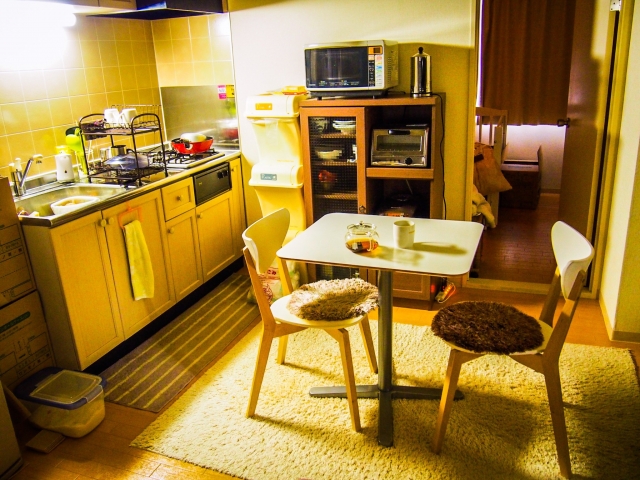
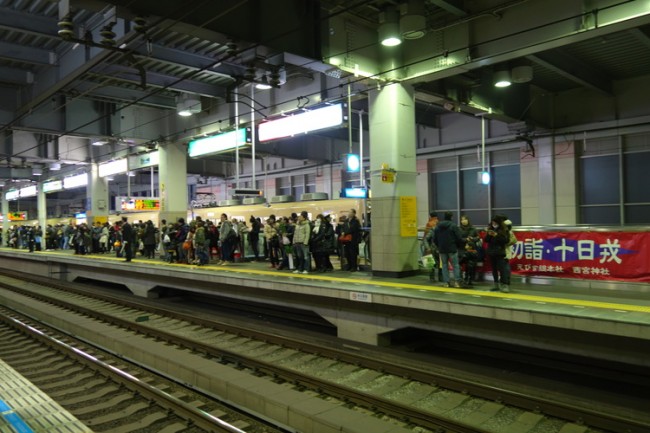
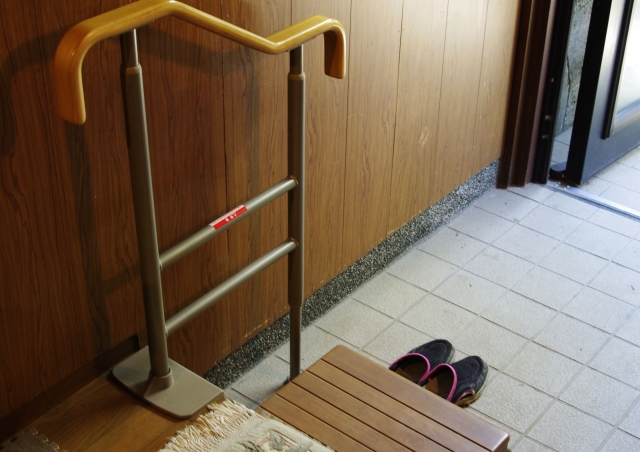




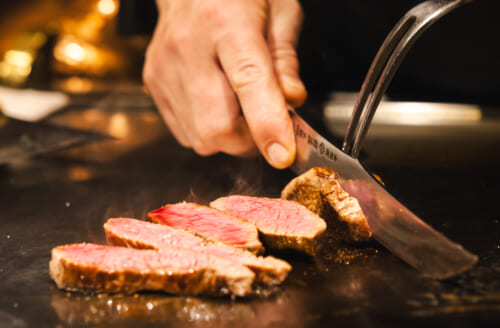
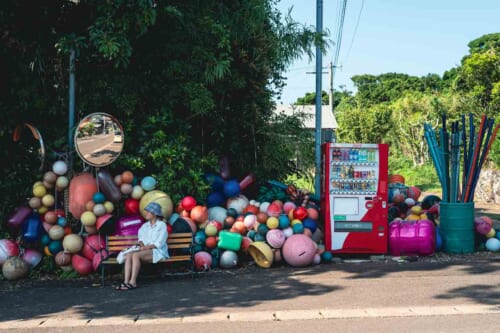
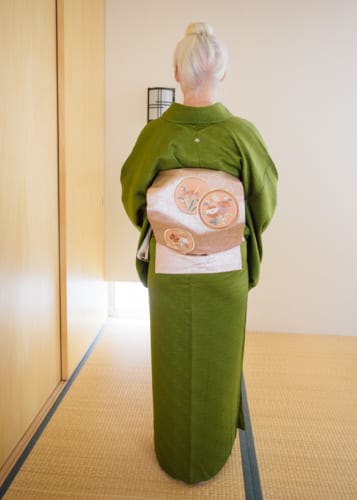



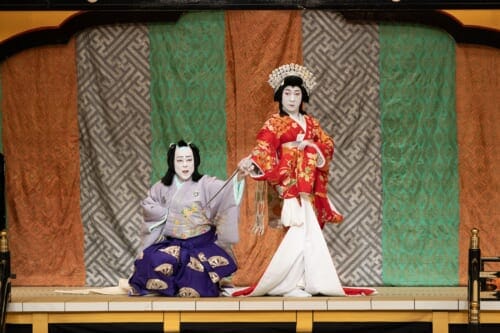




No Comments yet!